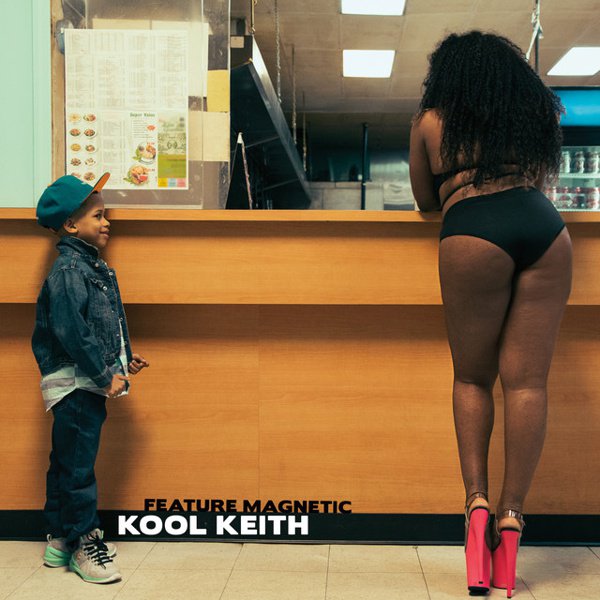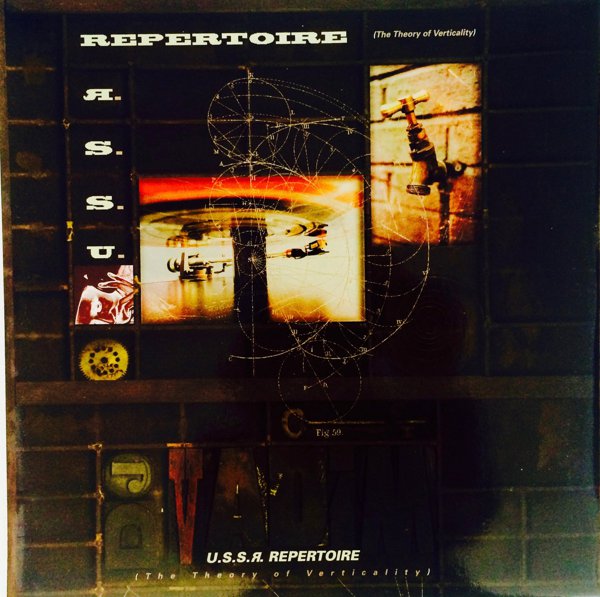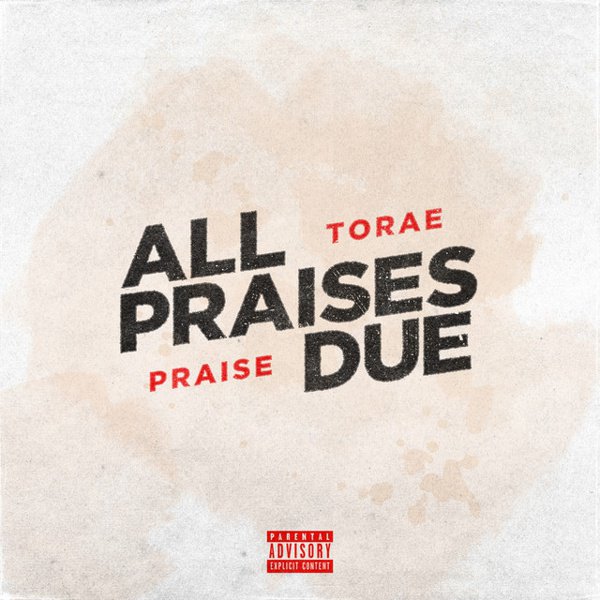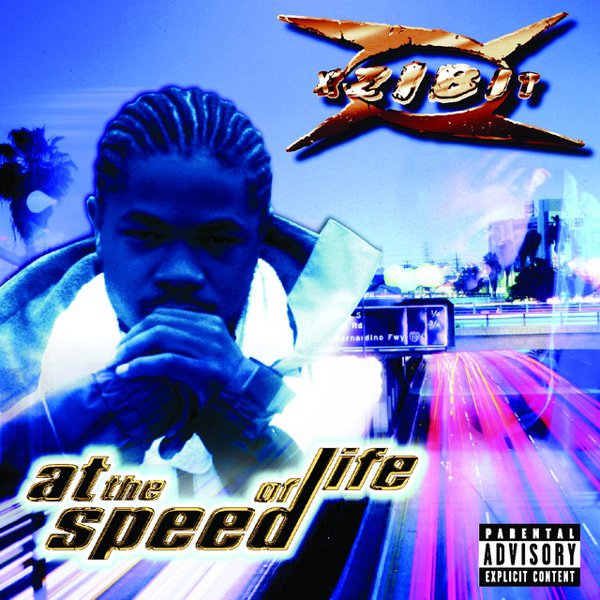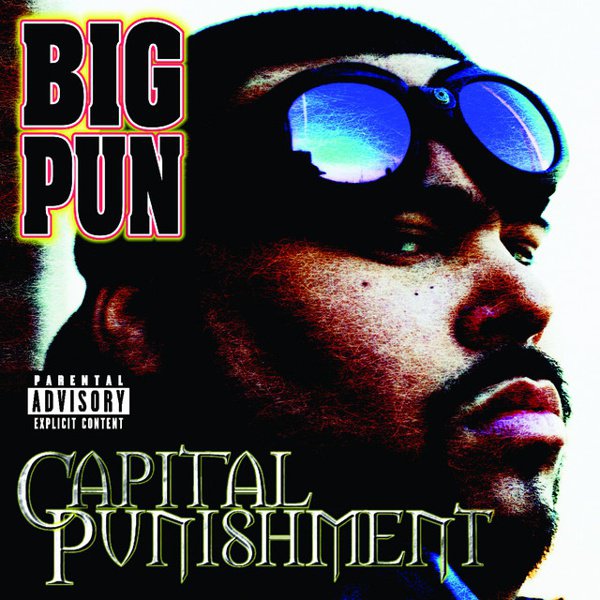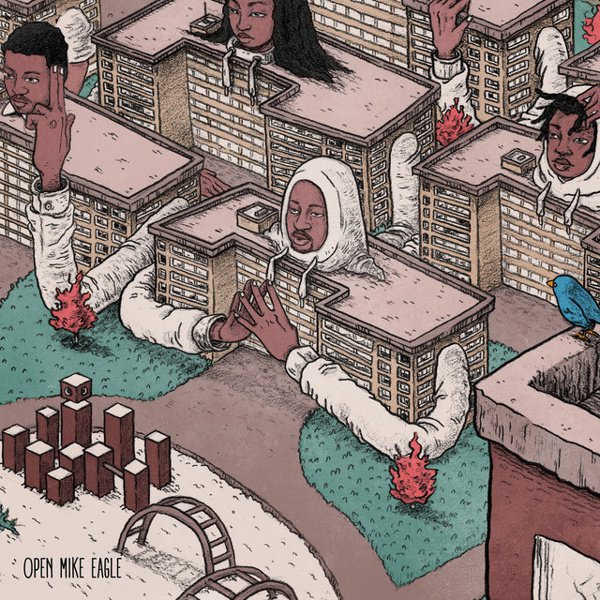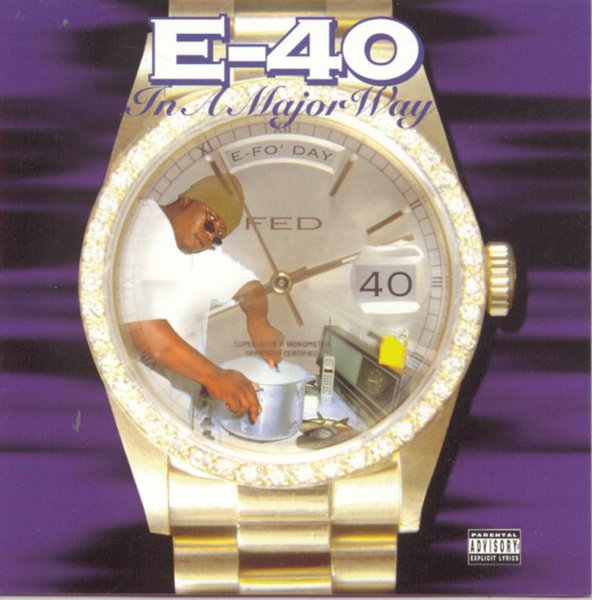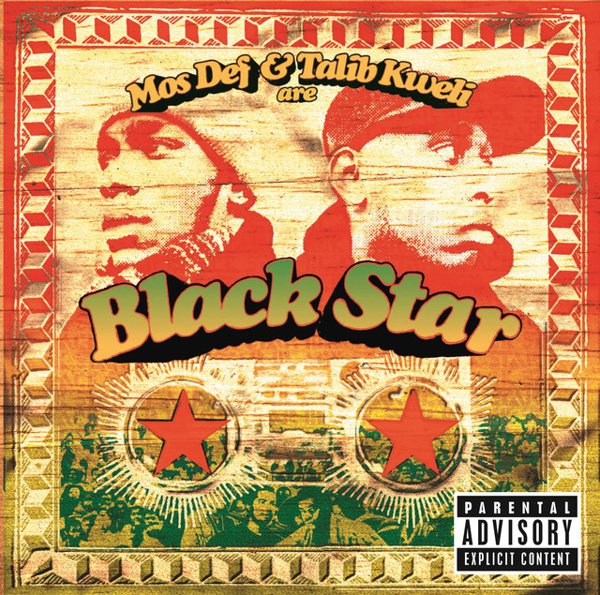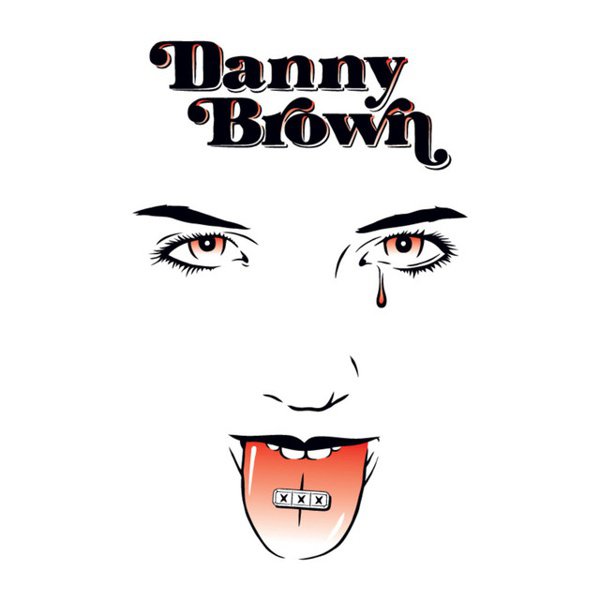
Recommended by
This L.A. duo’s first collaboration earned its cult classic status from the get-go, and not just because it felt invigorating at a moment when conscious-minded indie rap seemed like it was at a low ebb. Below the Heavens was a startling revelation because it came from a largely unknown everyman-documentarian on the mic, and he clicked with his partner in clean-yet-heavy neosoul/boom-bap production in ways that sounded naturalistic enough that their teamup seemed preordained. But while this album’s myth might’ve grown thanks to the team’s ensuing five-year absence — during which Blu careened between labels and experimental concepts in search of his ideal self — it sounds even more resonant as the start of a rap career that’s still capable of capturing this album’s young-and-hungry energy when the time calls for it. Blu has rarely sounded as breezily confident as he does throughout Below the Heavens, and he radiates an easygoing charm whether he’s planning to do end-runs around getting his back against the wall (“The Narrow Path” and “Dancing in the Rain” respectively detail the pressurized stress and the joyful inspiration in his thought process) or celebrating his artistic triumph like he’s already got his award shelf laid out (“So(ul) Amazin’ (Steel Blazin’)” and “Simply Amazin’” as the classic underground-grind anthems to creative success). But you can also hear him start down the path that took him through “I’m not a kid anymore” early maturity (the formative connections of “In Remembrance”) and the class-struggle quarter-life crises that come with it (Aloe Blac collab “Good Life”) — all while tracing it back to an upbringing that, in the traumatic “Cold Hearted” and the resilient “I Am,” was too embattled to register as mere innocent-kid nostalgia. And Exile’s beats appeal on the same fundamental level of reverent warmth you can hear from beatmakers like Hi-Tek and 9th Wonder, which helps drive home how often Blu sounds more willing to join his listeners in relatable commiseration than confront them with haughty preachiness.

